Now, here in a list in no particular order (and probably missing a million things that you will need to know) is my take on the top 20 things most photographers should be taught from day one, but usually learn the hard way.
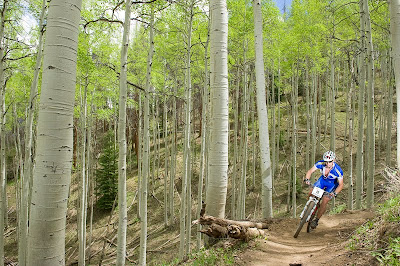
The above photo was supposed to be one of my 3 entries for Teva games, but rule #1 was forgotten on my part and therefore all but this low-res sample was lost with my fried hard drive.
1. Back-Up your photos! These are how you make a living and losing them all is devastating. Happened to me last week, check this article here: BACKUP YOUR PHOTOS ARTICLE LINK INSERT HERE
2. Purchase a calibrator for your monitor. What you see on your un-calibrated display may be WAY wrong from what looks correct to editors on a calibrated monitor. I use and recommend the DataColor Spyder 3.
3. Organize your photos in a sensible way, or you will be spending way too much time searching for images. Keywording with Lightroom works very well, as does meta tags. Also name the files based on date and sequence #.
4. Shoot in RAW almost exclusively. I was really let down when Powder Magazine called and requested a RAW photo file for publication, and could only provide a JPEG. Don't let this happen to you! Shooting in JPEG format is a time-saver for events or family pics.
5. Initially, spend your money on high-quality lenses as opposed to the top-of-the-line pro model camera. The camera may be amazing, but if your just starting out, you probably won't even know enough to work the semi-pro model. Lenses last for a LONG time and are a great investment in your future career. Cheap lenses, or non name-brand lenses can be soft and slow, don't waste your money.
6. Purchase recovery software or LEXAR cards that come with free recovery software. There will probably be a time when you accidentally delete the wrong memory card, and your heart will drop. Assuming you don't take too many pictures on the card after deleting the important files, you will be able to get all of the deleted photos back. This brings me to my next point: Place memory cards that are filled during a shoot, upside down in the case, and ones that are empty right side up.
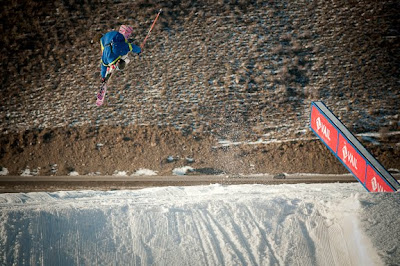
8. Join Flickr, and upload your images as you progress into many different groups. I wish I had known about Flickr when I started because the feedback you get from other people can be incredibly helpful.
9. Sit down, and spend time learning photoshop. Before I learned photoshop, my images were good, but not excellent. It really takes your image to the next level, and is the equivalent of the dark room in the day's of film. It's a necessity. You can learn many photoshop techniques here, but join the NAPP to learn all the basics quickly and easily.
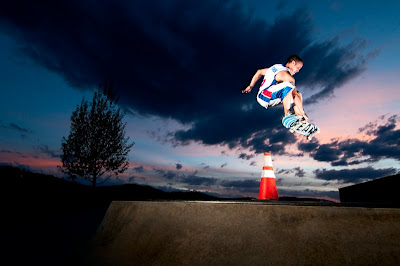
10. Purchase camera insurance. It may seem like a lot at around $500 a year, but that's a tiny price compared to how much you will spend when your camera breaks, or is stolen. Plus, some plans include data recovery. That will cover you when you forget step 1 and don't have thousands of dollars to spend.
11. Experiment with angles, and learn the rule of thirds (though it's really just a guideline that should be broken at times!) Composition is everything in a photo and separating the main focus point from the background is vital. SIMPLIFY, SIMPLIFY, SIMPLIFY. A great photo is created once all the unnecessary distractions have been removed. Sometimes this is as simple as changing an angle, other times it depends on physically moving objects, or post-processing.
12. Keep your portfolio small. Mine used to have hundreds of photos. This is not good for you or anyone interested in your work. Even the best photographer with thousands of incredible images, should keep their portfolio smaller then 25 photos. Back when my portfolio was large, I believed every photo was my best. Have a friend go through them with you. This brings me to my next point.
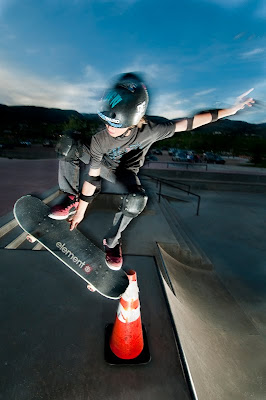
13. At times, you will become unfairly biased to a photo that isn't particularly good. We all do it. Whether it's because of how hard we worked to obtain the image, or because of how unique/cool we feel it is. Alway's share images with others and get their opinions. If you can separate yourself from creating the image, and view it simply as "just another photo" you'll find out it may not be as good as you thought.
14. Study your camera's manual. Whether your learning about the auto-focus, or the white-balance, spending time studying this will get you more in tune with the camera as you shoot. For a great photographer, the camera is an extension of the body. When your able to shoot photos, and change settings without thinking about anything but your composition, you've learned well. An uncluttered mind is necessary to not miss the shot.
15. Purchase a wide-angle lens as one of your first lenses. It forces you to get in close to the action and frame an entire scene. My photography style changed significantly, and my work was more popular when I started shooting more of a scene. Let the image tell a story, guy in the sky shots don't do this. We live in a beautiful world, and it's fun to try and capture that.
16. Keep your camera and a flash on you as much as possible. This one I'm still working on, but there are so many moments that I've missed simply because I felt too lazy to bring my camera.
17. If your trying to become a professional, keep at it!!!! I cannot emphasize this enough. There will be down times when your barely making it by, but establishing a strong client base takes time. Also, even if your photos are the best in the world, you won't make a single sale unless you put it in front of the right hands. That's a tough one, but with time you'll learn where to sell images.
18. Establish a business plan, and goals with dates that you should meet them. This keeps you working hard and gives you something to do each day. Without it you'll have days where you feel lost and like you are failing as a professional.
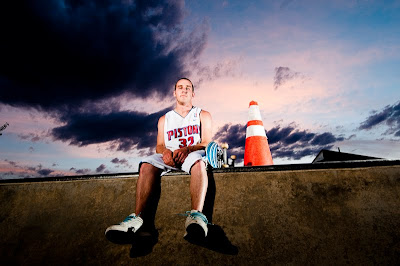
19. When your submittal is rejected by an editor, don't let it get under your skin. If other people agree that the photos are awesome, find a different outlet for them and don't worry about what the editor thought. It's not time to sell off the gear and start a new career, find out why they didn't pick any images if you can.
20. Theres a lot of sharks out there, people who will bargain you down over and over, even with repeat business. Don't let their little deals or smooth talking get you to lower your price below where your comfortable. I once went WAY out of my way to build a book and pricing lists for a furniture company, only to have them tell me that my prices were too high, even though I saw the price list with the other photographer they worked with (much more expensive). I lowered my price in a HUGE way, sold them 3 photos (should have been selling over a hundred a year according to what they said...) and THEY told me that it just wasn't going to work out!! The nerve!!
These are just the tips I was able to think of... More will come in future articles and I hope they help you!
That's the BUZZ for Today! Please check back soon for more.








4 comments:
This is a very cool post! Thanks for sharing. It's good to go over the important points again and refresh all that knowledge.
hey!
great post, hope you got your missing photos back!
I'd love to see a post on how to get your first few jobs, to get you on your way. Maybe you could share your experience?
Thanks,
Richard
I'd have a couple more:
- Reset the camera before every shoot. My Nikon has a couple of buttons that, when pressed together zero out the WB, ISO and Quality. Chances are, if I did a night shoot the previous evening, I ended up with some pretty funky settings that I promptly forgot about. By hitting reset I'm forced to think about where I want to be for the day and I don't end up shooting a wedding at 1000 ISO, using Tungsten WB shot JPG small.
- I'd even go one step further and suggest making a laminated checklist for all of your equipment for a given shoot (lights, stands, batteries, gaffer tape etc). Before leaving, you can run down the list and check off everything. Then you wipe it clean and you're ready for the next time. Maybe develop a bunch of different ones (an adventure sports list that includes Clif Bars and hydration pack vs a wedding one that has studio lights and a tie on it).
Thanks for this site, your tip on pricing is bang on. There are too many mealy mouthed companies out there who will try and negotiate the food off your plate.
I totally agree with you, don't undersell yourself. You'll be doing yourself and other pros a great injustice.
Post a Comment